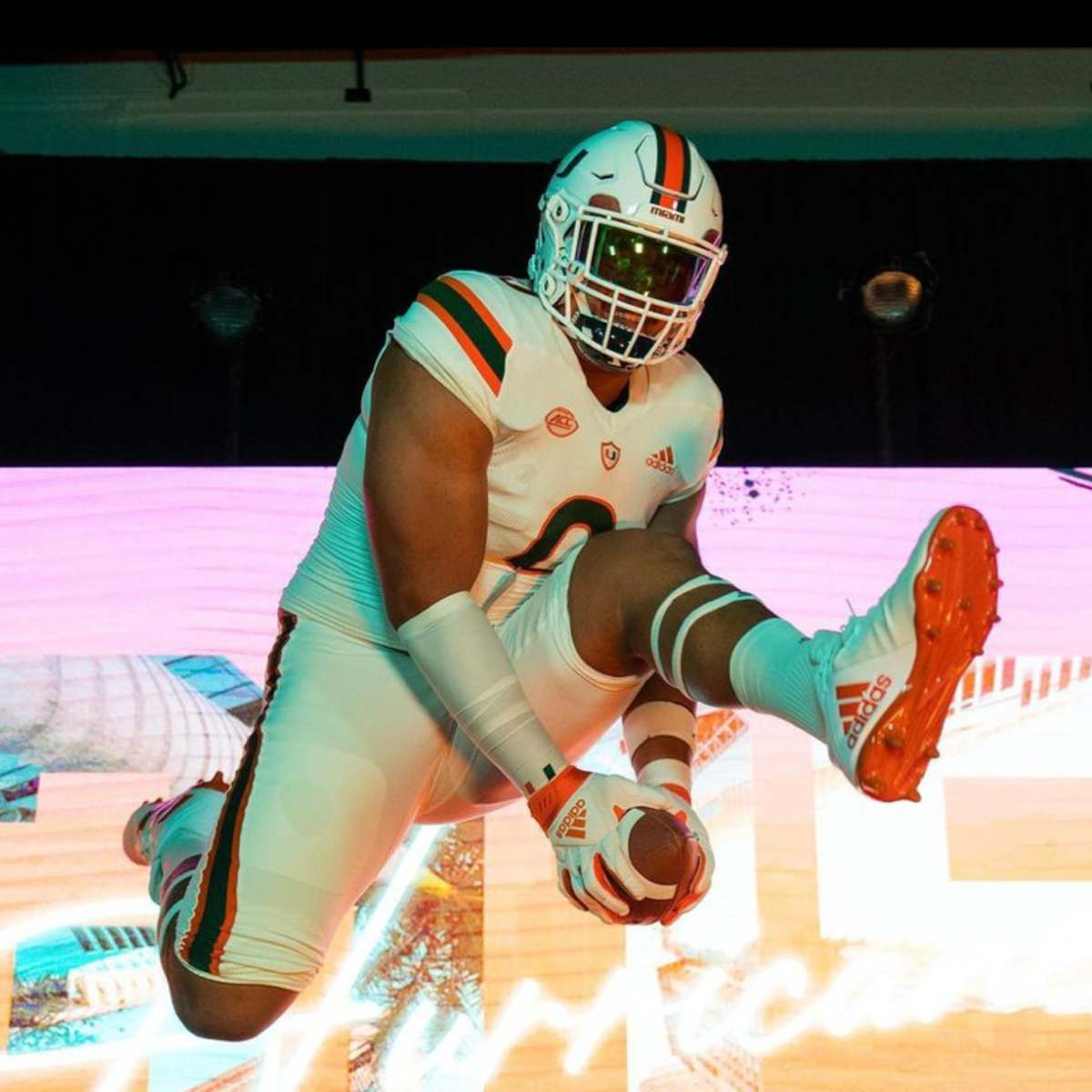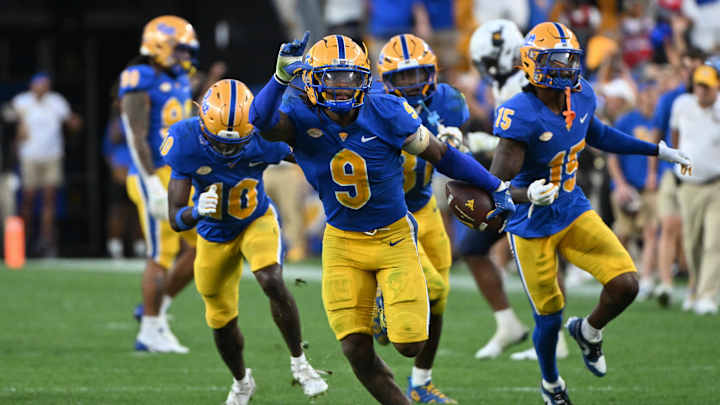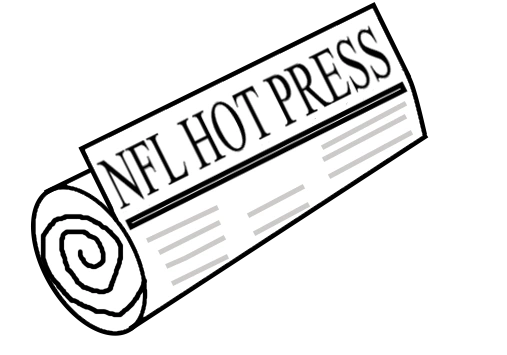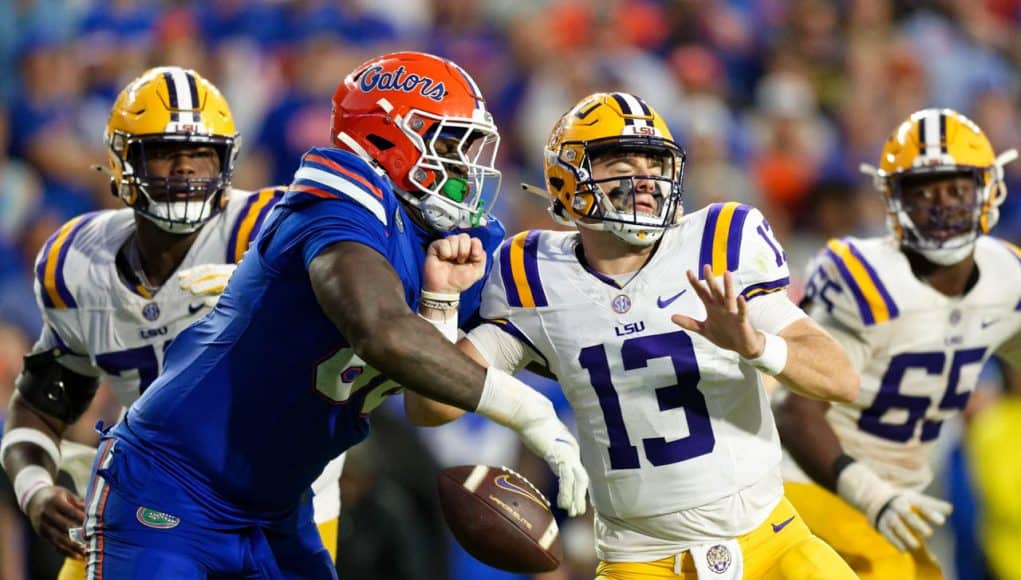When a new head coach and/or general manager are hired, they usually want to bring in “their guy.” Unless the team’s signal-caller is on a Pro Bowl level or is being paid tons of money, a new front office has no ties to the leftover quarterbacks.
While I’ve pointed some examples out, does this hold up for every team? Let’s go around the NFL and look at each current regime. I’ll go back to each regime’s first year and note if the new personnel guys brought in their own hand-picked quarterback.
List updated: Feb. 15, 2010.
 Arizona Cardinals: Ken Whisenhunt (2007)
Arizona Cardinals: Ken Whisenhunt (2007)
Ken Whisenhunt didn’t have the luxury of bringing in his own quarterback; the Cardinals had just drafted Matt Leinart. When Whisenhunt finally benched Leinart, Kurt Warner began playing at a Hall of Fame level. Warner did the impossible; he took Arizona to a Super Bowl.
 Atlanta Falcons: Thomas Dimitroff and Mike Smith (2008)
Atlanta Falcons: Thomas Dimitroff and Mike Smith (2008)
Despite speculation that he might take Glenn Dorsey, Thomas Dimitroff made the right move and selected Matt Ryan with the No. 3 overall pick in the 2008 NFL Draft.
 Baltimore Ravens: Jon Harbaugh (2008)
Baltimore Ravens: Jon Harbaugh (2008)
With Brian Billick gone, the Ravens were no longer tied to Kyle Boller. Like Atlanta, Baltimore found its franchise signal-caller, Joe Flacco, in the 2008 NFL Draft.
 Buffalo Bills: Buddy Nix and Chan Gailey (2010)
Buffalo Bills: Buddy Nix and Chan Gailey (2010)
The Bills probably won’t have the opportunity to draft a first-round quarterback in the 2010 NFL Draft, with Jimmy Clausen and Sam Bradford likely off the board.
 Carolina Panthers: John Fox (2002)
Carolina Panthers: John Fox (2002)
One of the exceptions to the rule, John Fox opted to draft Julius Peppers over Joey Harrington in the 2002 NFL Draft. Great move, right? Absolutely, but Fox was stuck with Rodney Peete and Chris Weinke in his first season. He quickly learned his lesson and brought in Jake Delhomme the following offseason. Six years later, Delhomme would throw a playoff game against the Cardinals to save his son from evil kidnappers.
 Chicago Bears: Jerry Angelo (2003)
Chicago Bears: Jerry Angelo (2003)
Jerry Angelo was named general manager in 2001, but didn’t receive full power until 2003. That was the year the Bears took Rex Grossman in the first round. Some fans still haven’t recovered.
 Cincinnati Bengals: Marvin Lewis (2003)
Cincinnati Bengals: Marvin Lewis (2003)
Marvin Lewis wasted no time finding his quarterback. He used the first pick in the 2003 NFL Draft on Carson Palmer.
 Cleveland Browns: Mike Holmgren (2010)
Cleveland Browns: Mike Holmgren (2010)
The Browns probably won’t have the opportunity to draft a first-round quarterback in the 2010 NFL Draft, with Jimmy Clausen and Sam Bradford likely off the board.
 Dallas Cowboys: Jerry Jones (1989)
Dallas Cowboys: Jerry Jones (1989)
Jerry Jones has run the show since Day 1 in Dallas. In his first ever draft, Jones took Troy Aikman with the first-overall selection. I’d say that worked out pretty well.
 Denver Broncos: Josh McDaniels (2009)
Denver Broncos: Josh McDaniels (2009)
Despite having one of the top young quarterbacks in the NFL, Josh McDaniels attempted to trade Jay Cutler for Matt Cassel, a system guy with limited arm strength. This is a classic, albeit foolish example of New Regimes Mean New Quarterbacks. McDaniels later dealt Cutler for a ton of picks. Read my opinion on the Jay Cutler Trade here.
 Detroit Lions: Martin Mayhew and Jim Schwartz (2009)
Detroit Lions: Martin Mayhew and Jim Schwartz (2009)
With Matt Millen gone, Martin Mayhew took Matt Stafford with the No. 1 overall pick in the 2009 NFL Draft.
 Green Bay Packers: Ted Thompson (2005)
Green Bay Packers: Ted Thompson (2005)
Ted Thompson spent his first draft selection on Brett Favre’s successor, Aaron Rodgers. That move was criticized by many, but it turned out to be the right one.
 Houston Texans: Rick Smith (2007)
Houston Texans: Rick Smith (2007)
Rick Smith’s first full offseason came after the 2006 campaign, Gary Kubiak’s first as head coach of the Texans. Instead of drafting a quarterback, Smith dealt a second-round selection to Atlanta for Matt Schaub.
 Indianapolis Colts: Bill Polian (1998)
Indianapolis Colts: Bill Polian (1998)
Arguably the top general manager in the NFL, Bill Polian took over after the Colts went 3-13 in 1997. With the first-overall pick in the 1998 NFL Draft, Polian chose Peyton Manning over Ryan Leaf.
 Jacksonville Jaguars: Jack Del Rio (2003)
Jacksonville Jaguars: Jack Del Rio (2003)
Jack Del Rio and James “Shack” Harris took over for Tom Coughlin in 2003. One of their first moves was taking Byron Leftwich with the No. 7 overall selection that April.
 Kansas City Chiefs: Scott Pioli and Todd Haley (2009)
Kansas City Chiefs: Scott Pioli and Todd Haley (2009)
Kansas City’s new regime found its guy before their first draft. Scott Pioli traded for Matt Cassel (though he should have just drafted Mark Sanchez.)
 Miami Dolphins: Bill Parcells, Jeff Ireland and Tony Sparano (2008)
Miami Dolphins: Bill Parcells, Jeff Ireland and Tony Sparano (2008)
Bill Parcells added two quarterbacks in his first offseason; he acquired Chad Pennington and chose Chad Henne in the second round of the 2008 NFL Draft.
 Minnesota Vikings: Brad Childress (2006)
Minnesota Vikings: Brad Childress (2006)
Brad Johnson played well in relief of Daunte Culpepper in 2005. That didn’t matter to Brad Clueless, who spent a second-round pick on Tarvaris Jackson. Clueless has stuck by Jackson, despite the fact that the Alabama State product has never shown any signs that he can refrain from making crucial mistakes.
 New England Patriots: Bill Belichick (2000)
New England Patriots: Bill Belichick (2000)
Bill Belichick inherited Drew Bledsoe, but that didn’t keep him from drafting a developmental quarterback in the sixth round of the 2000 NFL Draft. Twenty-two months later, Belichick and Tom Brady were celebrating their first Super Bowl victory.
 New Orleans Saints: Sean Payton (2006)
New Orleans Saints: Sean Payton (2006)
Instead of drafting Vince Young, Matt Leinart or Jay Cutler, Sean Payton and Mickey Loomis elected to sign Drew Brees in their first offseason together.
 New York Giants: Tom Coughlin (2004)
New York Giants: Tom Coughlin (2004)
Taking over for Jim Fassel, Tom Coughlin managed to obtain Eli Manning in the 2004 NFL Draft.
 New York Jets: Rex Ryan (2009)
New York Jets: Rex Ryan (2009)
With Eric Mangini gone, Rex Ryan and Mike Tannenbaum traded up to acquire Mark Sanchez.
 Oakland Raiders: Al Davis (1967)
Oakland Raiders: Al Davis (1967)
Al Davis became owner of the Raiders a month before the start of the 1966 season, so his first full offseason came the following winter. Davis made the move to acquire Daryle Lamonica, who was his quarterback until 1973, the year Ken Stabler took over. Davis drafted Stabler in 1968.
 Philadelphia Eagles: Andy Reid (1999)
Philadelphia Eagles: Andy Reid (1999)
Donovan McNabb or Ricky Williams? Philly fans debated this important decision in the months leading up to the 1999 NFL Draft. The Eagles, in a new regime, predictably took “their guy.”
 Pittsburgh Steelers: Mike Tomlin (2007)
Pittsburgh Steelers: Mike Tomlin (2007)
No need to find a new quarterback with Ben Roethlisberger at the helm. Maybe Josh McDaniels should pay attention to what Mike Tomlin has accomplished in Pittsburgh.
 San Diego Chargers: A.J. Smith (2003)
San Diego Chargers: A.J. Smith (2003)
A.J. Smith took over as San Diego’s general manager in April 2003, but his first full offseason came in 2004, when he traded Eli Manning for Philip Rivers in one of the most famous draft-day deals of all time.
 San Francisco 49ers: Scot McCloughan (2005)
San Francisco 49ers: Scot McCloughan (2005)
Scot McCloughan drafted Alex Smith with the first-overall pick in the 2005 NFL Draft.
 Seattle Seahawks: Pete Carroll (2010)
Seattle Seahawks: Pete Carroll (2010)
Pete Carroll will be praying that either Jimmy Clausen or Sam Bradford falls to him at No. 6.
 St. Louis Rams: Billy Devaney and Steve Spagnuolo (2009)
St. Louis Rams: Billy Devaney and Steve Spagnuolo (2009)
The Rams flirted with Mark Sanchez in 2009, but ultimately couldn’t take him because Marc Bulger’s salary was too high and the team couldn’t afford two high-priced quarterbacks. They would be crazy to pass on Sam Bradford or Jimmy Clausen atop the 2010 NFL Draft.
 Tampa Bay Buccaneers: Mark Dominik and Raheem Morris (2009)
Tampa Bay Buccaneers: Mark Dominik and Raheem Morris (2009)
After failing to acquire Jay Cutler, the Buccaneers drafted Josh Freeman with the 17th pick in the 2009 NFL Draft.
 Tennessee Titans (Houston Oilers): Jeff Fisher (1994)
Tennessee Titans (Houston Oilers): Jeff Fisher (1994)
Jeff Fisher took over as the head coach of the Oilers (now Titans) during the 1994 NFL season. The following offseason, Houston (now Tennessee) spent the No. 3 overall selection on Steve McNair.
 Washington Redskins: Daniel Snyder (2000)
Washington Redskins: Daniel Snyder (2000)
Even Daniel Snyder brought in his own guy. In a move of unparalleled brilliance, Snyder signed Jeff George in his first full offseason as owner of the Redskins.
As you can see, new regimes do in fact mean new quarterbacks.
Not counting the front offices hired in 2009, only Arizona, Buffalo, Carolina, Detroit and Pittsburgh failed to spend a good amount of money or utilize a first-day draft pick on a quarterback.
The Steelers (Ben Roethlisberger), Cardinals (Matt Leinart), Bills (J.P. Zohan) and Lions (Charlie Batch) already had young promising quarterbacks that each owner probably wanted to give a chance to, so that leaves the Panthers as the only real exception to the rule.
And considering the alternative – Joey Harrington over Julius Peppers – can you really blame John Fox?
MISSING
Fantasy Football Rankings - Feb. 19
2026 NFL Mock Draft - Feb. 17
NFL Picks - Feb. 9
NFL Power Rankings - Jan. 26




